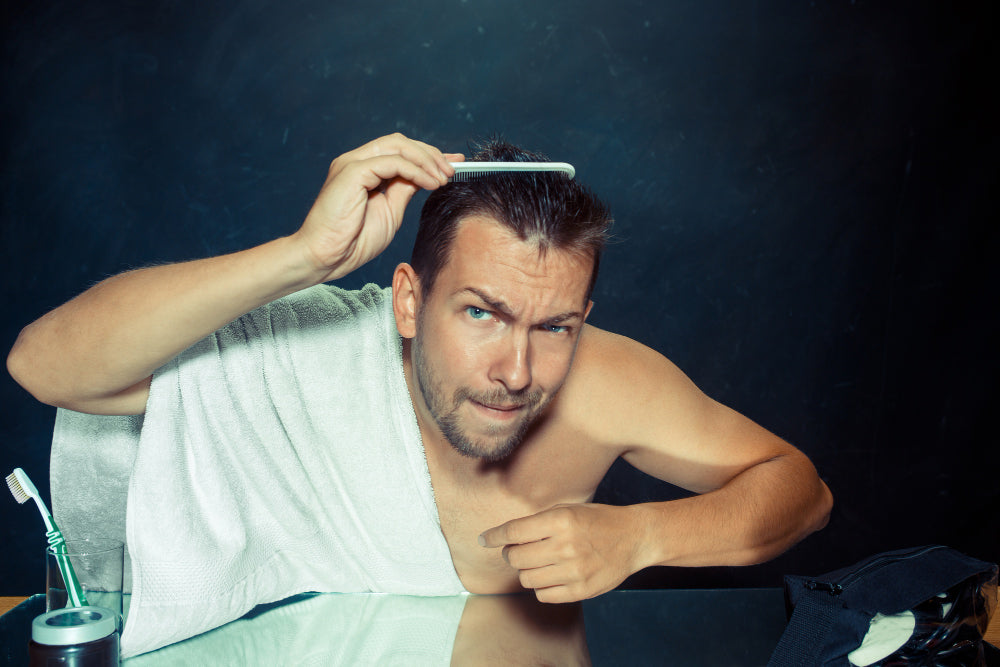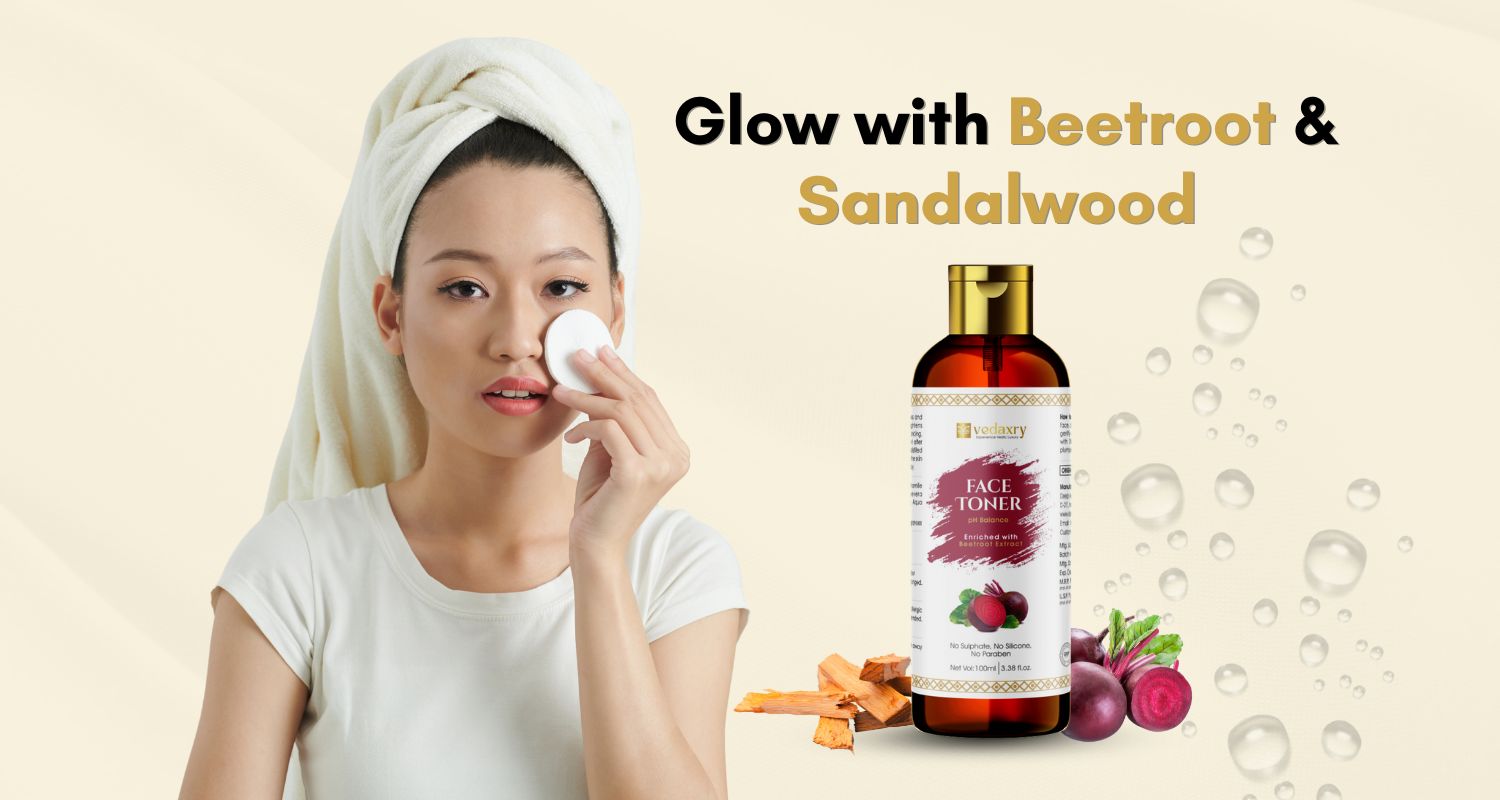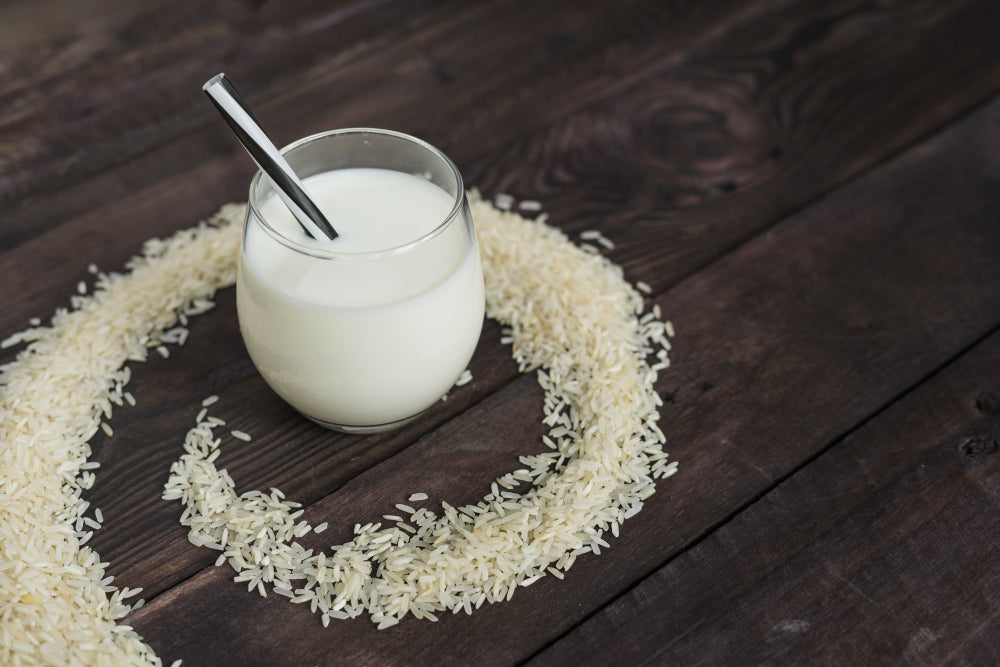7 Natural Methods to Get Silky Hair for Men

Smooth and silky hair that looks amazing is a desire every man shares. With the right hair care regimen, lifestyle choices, and natural treatments, achieving naturally smooth & silky hair is possible—without using harsh chemical treatments.
In this guide, we’ll show you 7 natural methods to achieve smooth and silky hair naturally.
How to Use Natural Methods for Silky Hair?
1. Using the Right Shampoo
Using the right shampoo is the first step toward silky hair. Here’s why shampoo matters and what to look for in the right one.

Why Shampoo Matters:
- Shampoo cleanses the scalp, removes dirt, excess oil, and product buildup.
- Harsh shampoos strip natural oils, leading to dryness, frizz, and breakage.
- Sulfate-based shampoos (SLS, SLES) create lather but cause long-term damage.
Best Ingredients to Look for in a Shampoo:
- Aloe Vera: Soothes the scalp and hydrates the hair.
- Reetha (Soapnut): A natural cleanser that prevents scalp infections.
- Amla (Indian Gooseberry): Strengthens roots and reduces hair fall.
- Coconut Milk: Moisturizes hair and prevents protein loss.
- Hibiscus Extract: Enhances shine and promotes hair growth.
How to Use Shampoo Properly:
- Dilute Shampoo: Mix it with water before applying to avoid residue buildup.
- Focus on the Scalp: Massage for 2-3 minutes in circular motions.
- Rinse Thoroughly: Ensure no product is left behind to prevent irritation.
Frequency Matters:
- Oily Scalp: Every 2-3 days
- Dry Scalp: Every 3-4 days
- Normal Scalp: Every 3 days
2. Conditioning for Soft and Hydrated Hair
Conditioning is essential for maintaining moisture and preventing dryness. Here’s why conditioning matters and what to look for in the right conditioner.

Why You Need a Conditioner:
- Restores lost moisture after shampooing.
- Helps detangle and smooth hair cuticles.
- Prevents frizz, dryness, and breakage.
Types of Conditioners:
- Rinse-Out Conditioner: Used after shampoo, left for 3-5 minutes.
- Leave-In Conditioner: Adds extra moisture, great for dry or frizzy hair.
- Deep Conditioner: An intense hydration treatment used once a week.
Natural Alternatives to Chemical Conditioners:
- Yogurt + Honey Mask: Deep conditioning treatment for smoothness.
- Aloe Vera Gel: Lightweight hydration for both scalp and hair.
- Coconut Oil + Argan Oil: Provides intense moisture and shine.
How to Apply Conditioner Correctly:
- Squeeze excess water from your hair.
- Apply from mid-length to the ends (avoid the scalp).
- Leave it on for 2-5 minutes.
- Rinse with cool water to seal the cuticles.
3. The Power of Hair Oiling
Hair oiling plays a significant role in nourishing the scalp, strengthening roots, and promoting healthy growth. Here’s why oiling matters and how to choose the right oil for your hair.

Why Oil is Essential for Hair Health:
- Strengthens hair roots and prevents premature graying.
- Improves scalp circulation, nourishing follicles for growth.
- Fights dandruff and dry scalp issues.
- Prevents split ends and hair breakage.
Best Oils for Different Hair Types:
| Hair Type | Best Oils |
|---|---|
| Dry & Damaged Hair | Coconut oil, Castor oil, Shea butter oil |
| Oily Scalp | Jojoba oil, Grapeseed oil, Almond oil |
| Dandruff-Prone Scalp | Neem oil, Tea tree oil, Rosemary oil |
| Hair Growth & Thickness | Bhringraj oil, Amla oil, Brahmi oil |
How to Oil Your Hair Correctly:
- Warm the oil slightly for better absorption.
- Massage your scalp for 5-10 minutes to stimulate circulation.
- Apply the oil to the entire length of your hair.
- Leave on for at least 1 hour or overnight before shampooing.
- Rinse with a mild, sulfate-free shampoo.
4. Rinsing with Cold Water for Smooth Hair
Rinsing with cold water helps seal the hair cuticles, making the hair smoother, shinier, and less prone to frizz. Here's why cold water rinsing matters and how to do it correctly.
Why Cold Water is Beneficial:
- Seals the hair cuticle, making it smoother and shinier.
- Retains natural moisture, preventing dryness.
- Reduces frizz and flyaway.
Proper Hair Washing Routine:
- Use lukewarm water to cleanse the scalp (this opens the cuticles).
- Apply shampoo and conditioner as usual.
- Finish with a cold water rinse to seal the cuticles.
Alternative Final Rinses for Extra Shine:
- Rice Water Rinse: Strengthens hair with amino acids.
- Rose Water Rinse: Adds natural hydration and fragrance.
- Apple Cider Vinegar Rinse: Removes buildup and enhances shine.
5. Sleeping on a Silk Pillowcase
Sleeping on a silk pillowcase reduces friction, prevents hair breakage, and helps retain moisture for healthier hair. Here’s why silk pillowcases matter and how they benefit your hair.
Why Silk is Better Than Cotton:
- Reduces friction, preventing breakage and split ends.
- Helps retain natural moisture, keeping hair soft and hydrated.
- Prevents tangling and frizz, especially for long or curly hair.
Alternative Nighttime Hair Care Tips:
- Use a satin or silk headscarf to prevent friction.
- Braid your hair loosely to prevent knots and breakage.
- Apply a small amount of leave-in conditioner before bed for hydration.
6. Staying Hydrated for Hair Health
Staying hydrated is crucial for keeping hair strong, nourished, and free from dryness or brittleness. Here’s why hydration matters and how it impacts your hair health.
Why Hydration is Key:
- Keeps hair follicles nourished and strong.
- Prevents dryness, brittleness, and scalp flakiness.
- Boosts overall hair growth and shine.
Daily Water Intake Recommendations:
- Drink at least 8-10 glasses of water daily.
- Increase hydration if you consume caffeine, alcohol, or salty foods.
Hydrating Foods for Healthy Hair:
| Food | Benefits |
|---|---|
| Cucumbers | High water content, keeps scalp hydrated |
| Watermelon | Rich in vitamins A & C for healthy hair |
| Leafy Greens | Provide iron, which supports hair growth |
| Flaxseeds & Walnuts | Omega-3s nourish hair follicles |
7. Avoiding Heat Styling for Stronger Hair
Avoiding heat styling protects your hair from damage, breakage, and moisture loss, keeping it stronger and healthier. It helps preserve your natural texture, enhances shine, and promotes healthy growth.
How Heat Damages Hair:
- Weakens keratin bonds, leading to breakage and split ends.
- Dehydrates hair, causing frizz and dullness.
Safer Styling Practices:
- Use a heat protectant spray before styling.
- Keep temperature settings below 180°C (350°F).
- Limit heat styling to 1-2 times per week.
Natural Alternatives to Heat Styling:
- Heatless Curls: Braid damp hair overnight.
- Aloe Vera Gel + Coconut Oil: A natural straightening method.
- Flaxseed Hair Gel: Defines curls and adds shine.
FAQ’s
Q1: Can I use aloe vera for silky hair?
Ans: Yes, applying aloe vera gel can deeply hydrate and smoothen hair.
Q2: Is it okay to use coconut oil daily?
Ans: Using coconut oil daily can make hair greasy. It’s best to use it 1-2 times a week.
Q3: How long does it take to see results?
Ans: With consistent care, you may notice improvements in 2-4 weeks.
Conclusion
Natural smooth hair requires dedication and the right regimen. By using gentle shampoos, conditioning often, oiling, and avoiding heat damage, you can keep your hair silky and healthy. For long-lasting results and easy access to beautiful, silky hair, stick to these natural methods!

Reviewed By
Dr. Sapna Kangotra
Senior Ayurveda Doctor




Comments